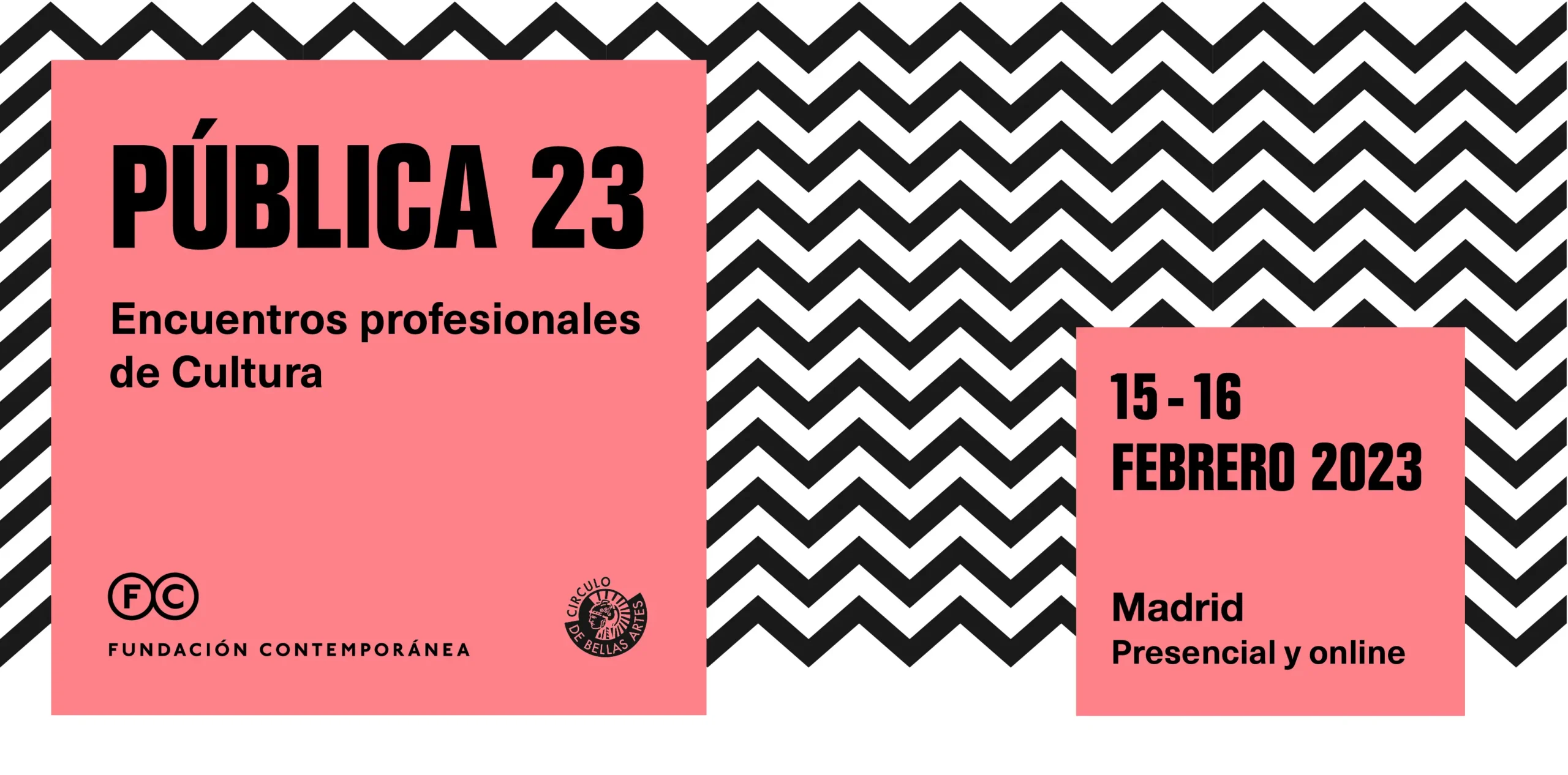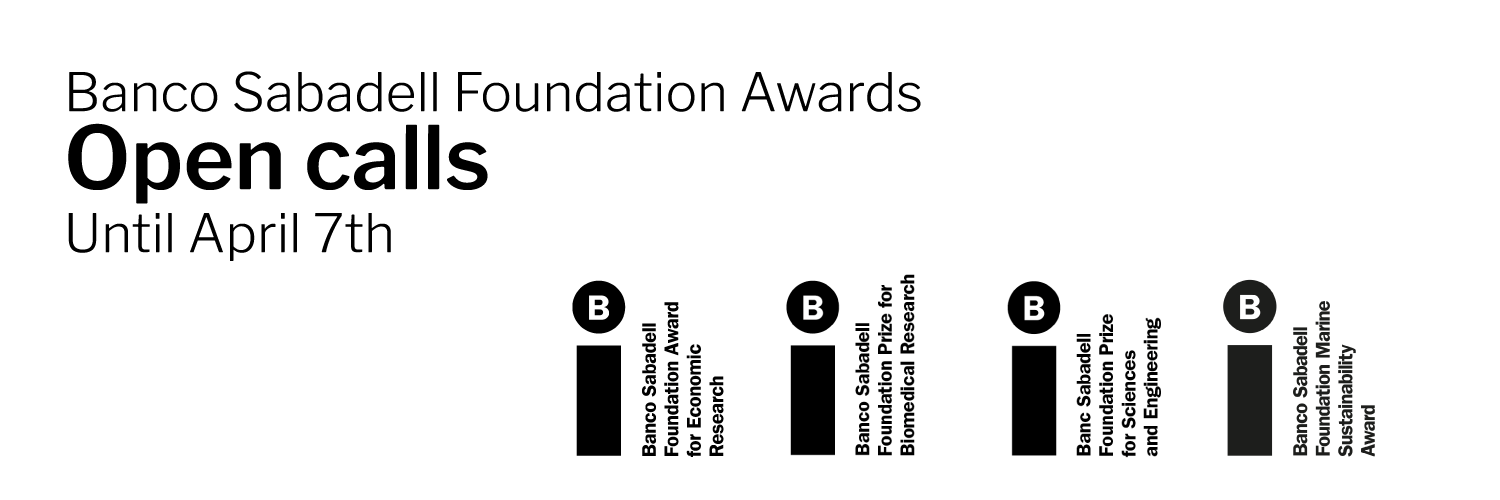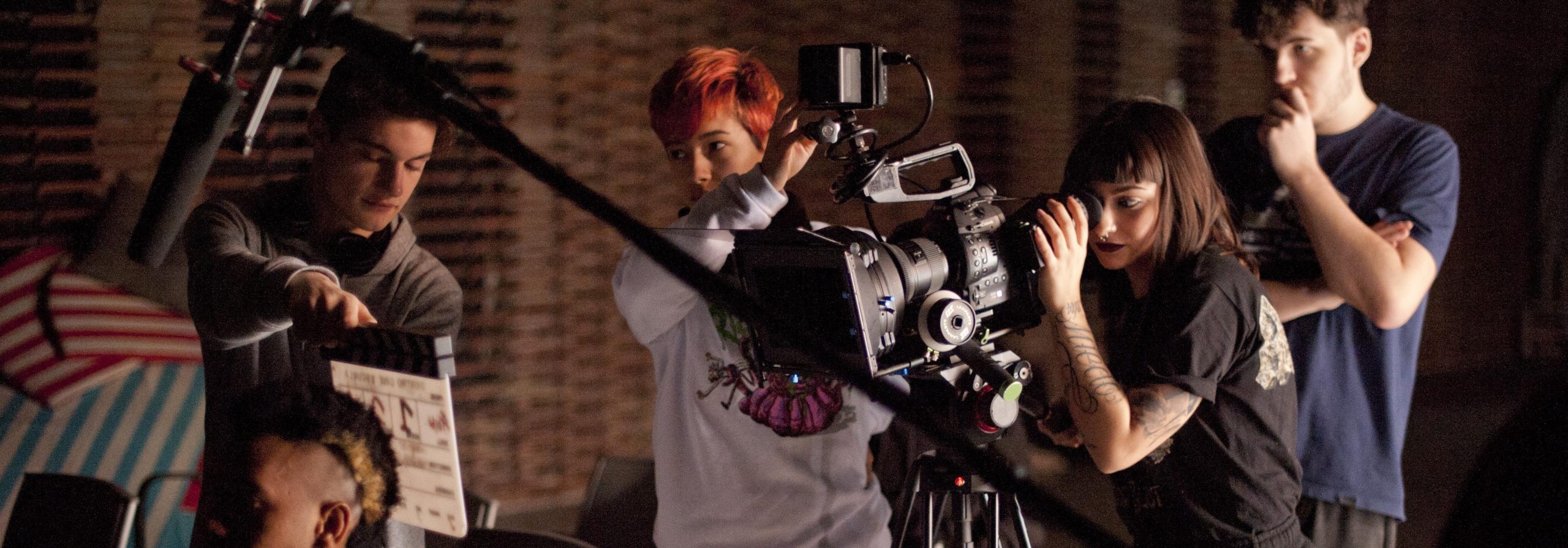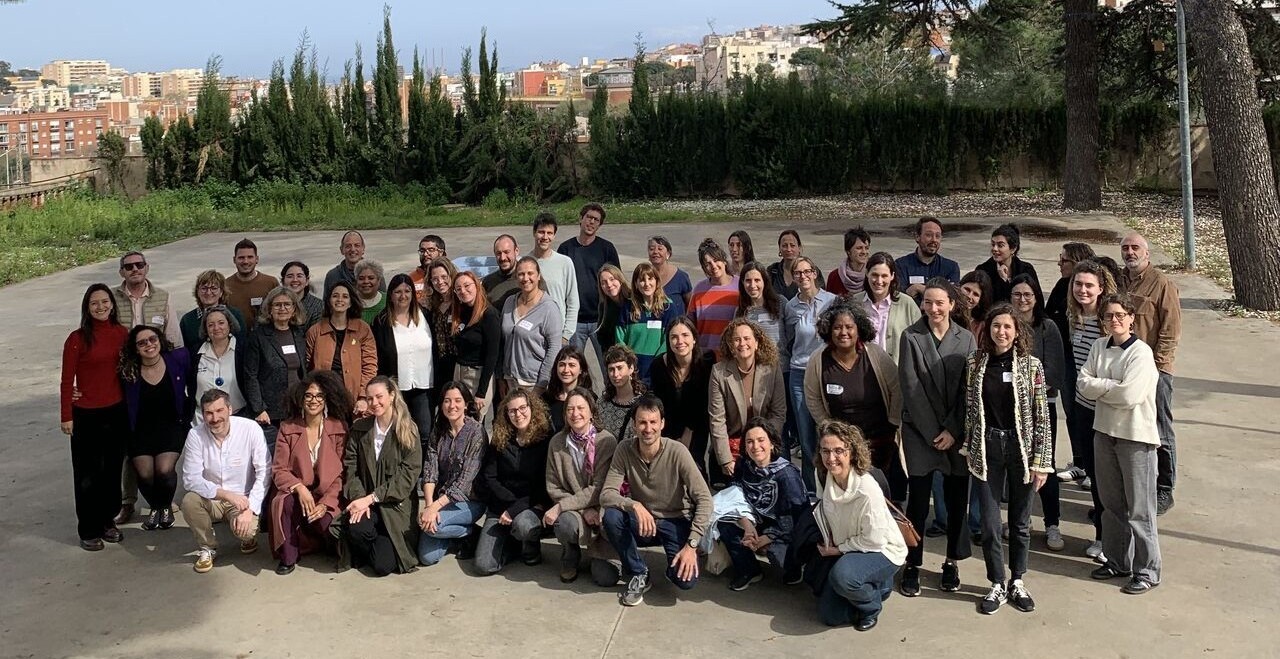
“How do young people manage?” and “Culture, a driver of change” were the topics of the two discussions that we promoted in the thirteenth edition of PUBLICA, the renowned international meeting for culture professionals, which took place on 15 and 16 February. The speakers, representatives of organisations and programmes that we work with, highlighted the role of culture as a tool for social impact and the importance of promoting it and bringing it closer to society, with a particular focus on young audiences and the need to adapt to the current environment.
How do young people manage?
Young culture managers talked to us about how they manage their projects and gave us examples of good practices in reaching out to young audiences. “Many organisations have realised that in the classical world there is an important need for change because we are faced with an objective crisis and we need to capture young audiences” said Mireia Arguijo, Member of the Comisión Joven (Youth Commission) and the Governing Board of Palau de la Música Catalana, in a talk moderated by Kike Labián, artist at Kubbo, and with the participation of Alba Rodríguez, director of Festival Bal y Gay and Pablo Martos, violinist and director of Garnati Ensemble.
“We communicate with people, not young people, and the strength and enthusiasm of the project you work on must be truthfully communicated. On stage you have to play with bravura and passion, and it does not matter if there are imperfections in the performance. Concerts must have a human, rather than an academic, dimension.” With this reflection, Pablo Martos ended his participation in the discussion. Listen to the whole discussion in this video:
Culture, driver of change
How can culture transform society? “The creative impulse heals us. For people who are financially poor, culture is everything. Being able to express oneself freely. Most young people we work with have faced challenges we could not begin to imagine, and cinema gives them the power to narrate themselves and rewrite their past. And this also happens with music or theatre” explained Pedro Sara, director of Escuela Dentro Cine in a discussion moderated by María Guerrero, Executive Chair of Fundación Acción Social por la Música (Social Action for Music Foundation), and with the participation of Miguel Ángel López, director of Fundación Grupo Sifu and David Peralto, Chair of Fundación Teatro Joven (Youth Theatre Foundation).
“Culture generates emotion, emotion generates empathy and self-esteem, and we are all emotionally locked out if we do not expose ourselves to emotional impacts. In adolescence it is essential to expose oneself to emotional impacts in order to get the best from ourselves, be ambitious and discover passions, be able to speak about desire, and simply be better and happier. Working on this kind of project is life-changing for all of us” stated David Peralto. You can find this reflection and many more in the following video:


